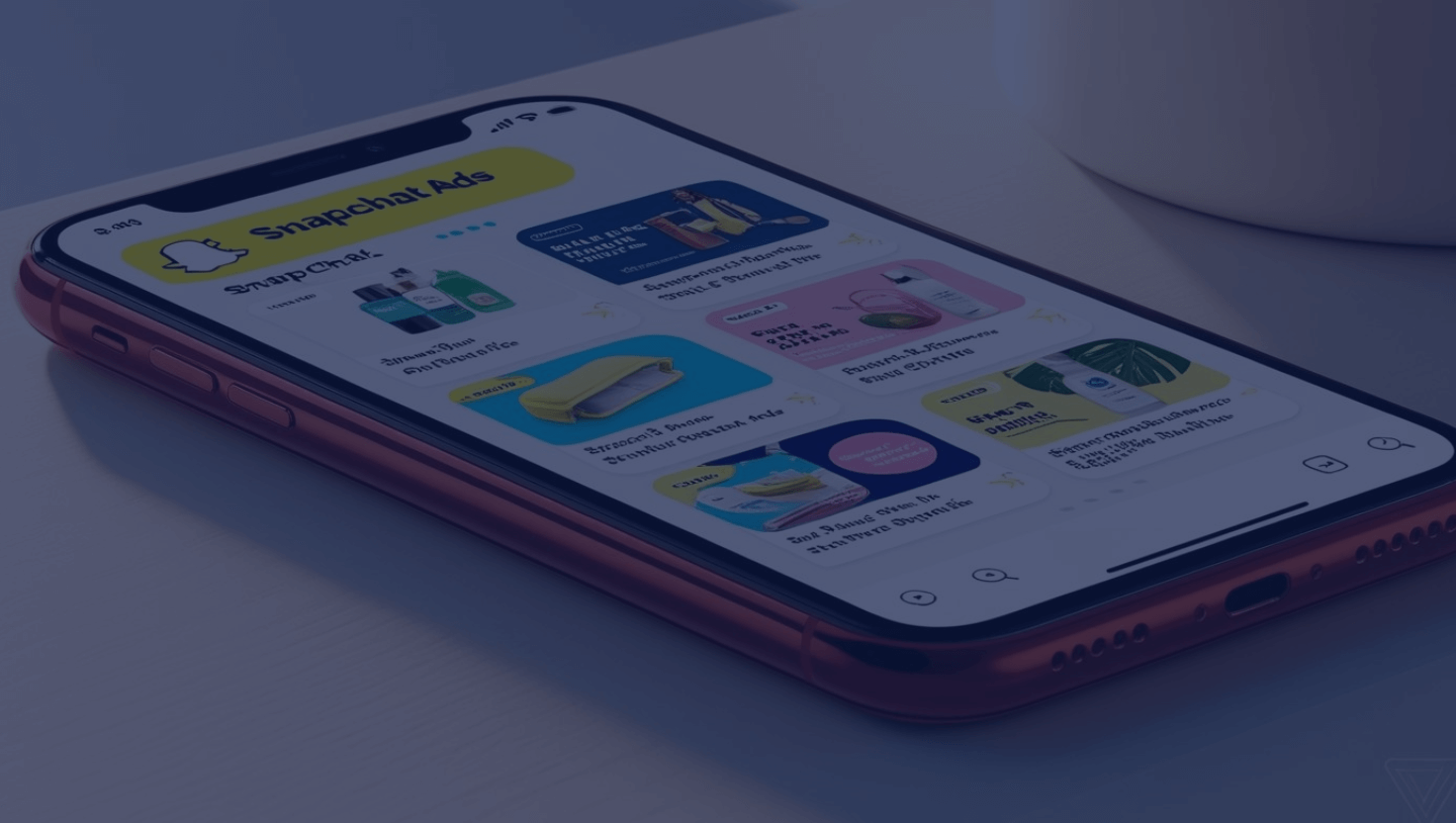On Thursday, Twitter announced via its blog that it was making some changes to its terms of service. Under the objective of removing some of the legalese and making them easier to understand, the new terms are marked by clear, concise language intended to maximize user understanding. The major changes address the issues of content ownership, advertising, the rights of third party-generated APIs, and reemphasizes its commitment to remove spammer accounts.
“Now that we know more about how Twitter is being used,” wrote @BIZ, also known as Twitter founder Biz Stone, “we’ve made changes to our Terms of Service—these are the basic rules that go along with using Twitter. The revisions more appropriately reflect the nature of Twitter and convey key issues such as ownership.”
Particularly drawing the attention of Twitter users and social media bloggers are the changes to the content ownership language. The terms now read:
“By submitting, posting or displaying Content on or through the Services, you grant us… license to use, copy, reproduce, process, adapt, modify, publish,transmit, display and distribute such Content in any and all media or distribution methods (now known or later developed).”
Following this sweeping – and to some, alarming – statement is a highlighted
window that clarifies, and clearly intends soothe any fears, “this license is you authorizing us to make your Tweets available to the rest of the world and to let others do the same. But what’s yours is yours – you own your content (emphasis mine)”.
Less controversial is the new statement on advertising, which now allows the possibility of content-targeted advertising within Twitter. “We’re leaving the door open for exploration on this area,” the highlighted tip box states, “but we don’t have anything to announce.” In his blog post, Stone draws his readers’ attention back to a previous post from May, in which he briefly outlined Twitter’s approach to advertising on its site.
“The idea of taking money to run traditional banner ads on Twitter.com has always been low on our list of interesting ways to generate revenue,” the post reads. “However, facilitating connections between businesses and individuals in meaningful and relevant ways is compelling.” In other words, Twitter is still trying to figure out how to turn a profit – which it has yet to do in its three-year existence – without resorting to ads that will greatly alter the visual landscape of the Twitter brand.
By far, the greatest portion of related chatter in the blogosphere, though, has been devoted to parsing out privacy and content ownership concerns. In February, Facebook changed its TOS to include vague language that sent many of its users panicking about their privacy. Without going into too much detail, it essentially built a loophole into its legalese that granted itself ownership over content even after a user terminated his or her account. Twitter, by comparison, has not made any mention of a termination of its license, and the pervading fear is damning by omission.
Finally, Twitter’s new language leaves some ambiguity in its intentions to claim ownership over user-generated content. Jerry Bowles, of SocialMediaToday.com, highlights the questionable portions of the terms in his post from Friday:
“It seems to me that there are a couple of problematic things in the Ownership section. ‘Adapt’ and ‘modify’ suggest that the Twitter folks are saying they have the right to alter a Tweeter’s words, and thus the meaning, of a tweet. I doubt if they have evil intentions, but it is very easy to make something say the exact opposite of what you intended.
“By asserting the right to ‘publish’ your work, there is the implication that they have the right to publish your stuff not just on Twitter but anywhere. Suppose, however, they wanted to produce a book called the 1,000 Stupidest Tweets Ever or some other commercial reproduction of your tweets? The implication is that they have the right to do that without compensation.”
In other words, Twitter’s intentions seem to be good, but there is clearly some room for doubt.
The following are a sampling of tweets from a live search of “Terms of Service” on Twitter.











